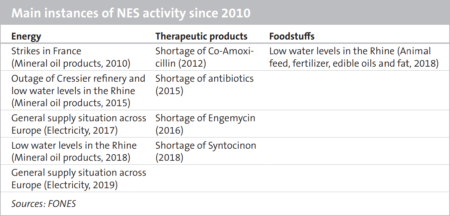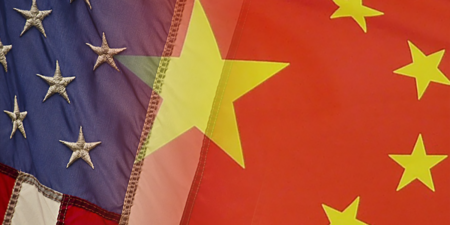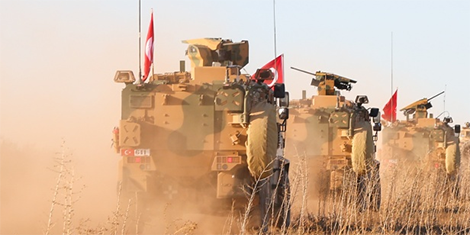
This article was originally published by the Peace Research Institute Oslo (PRIO) on 17 October 2019.
Scientific breakthroughs and technological innovations are often subject to public discussion about their capacity to affect international security, either by their military exploitation or their uptake and re-appropriation through non-state actors and terrorists. While accompanying proliferation and militarisation concerns are not new, the challenge of governing emerging technologies is as much about their often-unknown technical affordances as the way in which they capture the imagination of innovators, policy-makers, and public communities.




